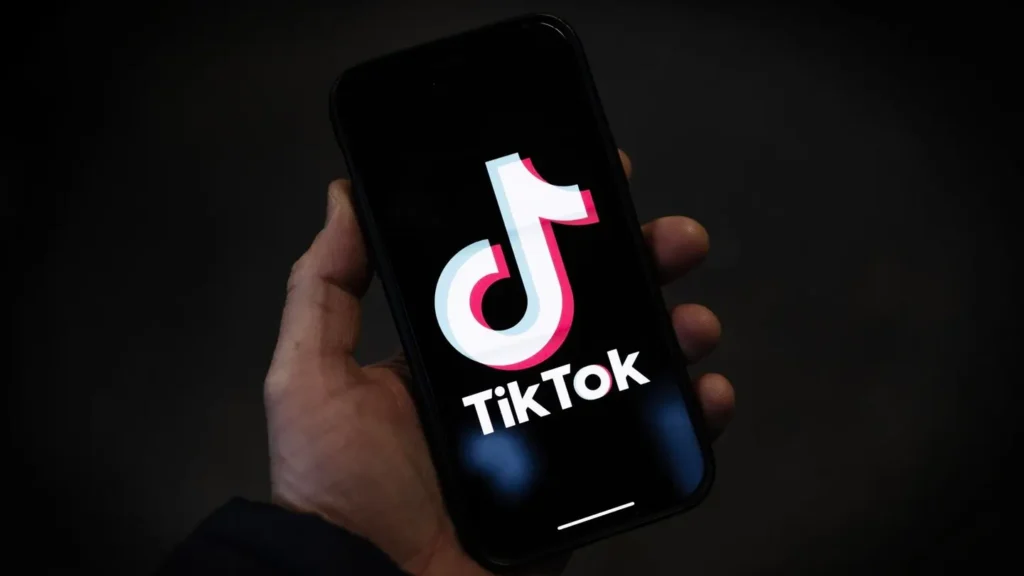
TikTok Ban : Explore the Supreme Court’s decision to uphold the TikTok ban, its impact on users, the tech industry, and the potential future of the platform in the United States.
In a landmark decision on January 17, 2025, the U.S. Supreme Court upheld a law mandating the divestiture of TikTok’s U.S. operations from its Chinese parent company, ByteDance, citing national security concerns.
WIRED This ruling has significant implications for the platform’s 170 million American users and the broader tech industry.
The Supreme Court’s Ruling
The unanimous decision emphasized that while TikTok provides a unique platform for expression and community engagement, its ownership by ByteDance poses potential risks due to data collection practices and possible foreign influence.
WIRED The Court stated, “Congress has determined that divestiture is necessary to address its well-supported national security concerns regarding TikTok’s data collection practices and relationship with a foreign adversary.”
Implications for TikTok Users
Unless ByteDance completes the sale of TikTok’s U.S. operations by January 19, the app faces a ban in the United States.
ABC News This would prevent new downloads and updates, leading to a gradual degradation of the app’s functionality for existing users. TikTok CEO Shou Zi Chew expressed optimism about resolving the situation, stating, “Rest assured, we will do everything in our power to ensure our platform thrives as your online home for limitless creativity and discovery.”
Political Reactions and Future Prospects
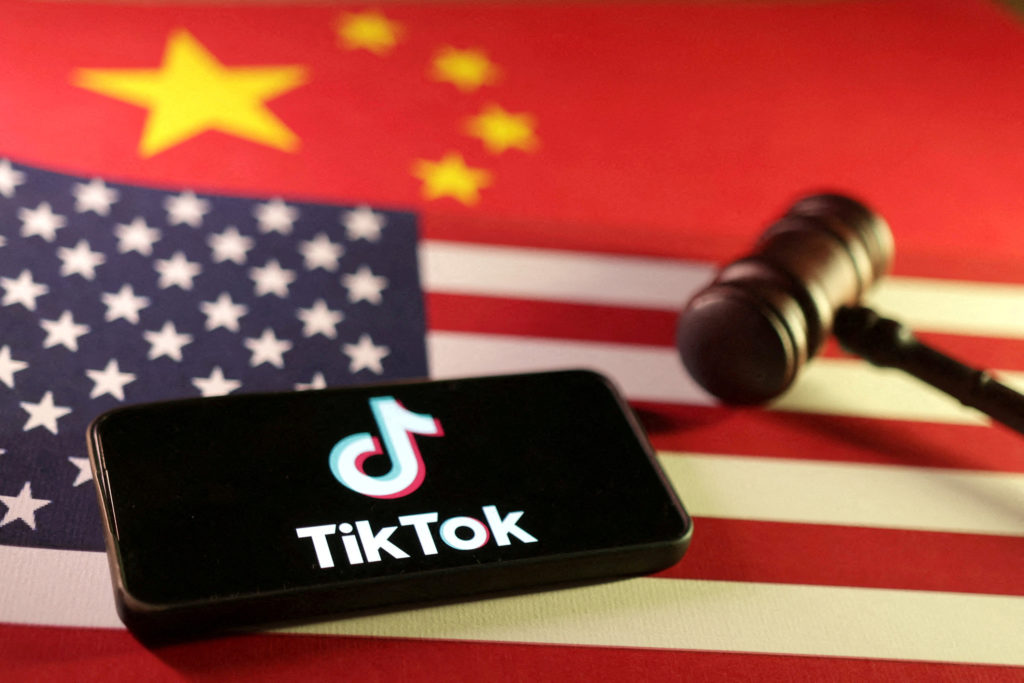
The Biden administration has deferred the enforcement of the ban to the incoming Trump administration, which has indicated a desire to find a political solution to keep the app operational in the U.S.
WIRED President-elect Donald Trump, who previously attempted to ban TikTok in 2020, has suggested exploring options to preserve the platform while addressing security concerns.
Impact on the Tech Industry
The potential ban poses significant challenges for tech giants like Google and Apple, which would be required to remove TikTok from their app stores, risking substantial fines.
New York Post Additionally, companies with existing partnerships with ByteDance, such as Amazon and Microsoft, may face complications in their collaborations. Analysts suggest that competitors like Meta and Alphabet could benefit from TikTok’s absence in the advertising market.
The Supreme Court’s decision marks a pivotal moment in the ongoing debate over data privacy and national security in the digital age. As the January 19 deadline approaches, the future of TikTok in the U.S. remains uncertain, contingent upon political negotiations and potential corporate restructuring. Users and industry stakeholders alike await further developments that will shape the landscape of social media and technology in the country.
TikTok’s Tumultuous Timeline: A Detailed Look at the Ban and Sale Saga
The saga of TikTok in the United States has become a focal point of political, legal, and economic debate. Over the past year, developments surrounding the platform have escalated into a dramatic showdown, involving the U.S. government, the Supreme Court, and major global players. This article unpacks the detailed timeline of events, the implications of the decisions made, and what the future holds for TikTok and its millions of users in the U.S.
The Legislative Build-Up: April 2024
The journey began on April 20, 2024, when the U.S. House of Representatives passed legislation demanding TikTok’s sale or ban by an overwhelming 360-58 vote. This bipartisan decision reflected growing concerns about national security and data privacy. Minority Leader Hakeem Jeffries (D-N.Y.) articulated the necessity of the bill, emphasizing its aim to shield Americans from foreign surveillance and espionage.
Just three days later, on April 23, 2024, the Senate followed suit, voting 80-19 in favor of the legislation. Senator Maria Cantwell (D-Wash.) described the bill as a safeguard against “foreign adversaries” leveraging TikTok for malign purposes. The next day, President Joe Biden signed the bill into law, marking a pivotal moment in the app’s history. TikTok responded by asserting its significant investments in U.S. data protection and denouncing the legislation as unfounded.
Legal Challenges and Judicial Proceedings
By May 2024, TikTok and its users began their fight against the new law. On May 7, 2024, TikTok filed a lawsuit against the federal government, claiming the ban violated the First Amendment rights of the app and its users. This was soon followed by a separate lawsuit filed by eight TikTok users on May 14, 2024, who also alleged First Amendment violations, deeming the ban overly broad and unconstitutional.
As the legal battles continued, the U.S. Court of Appeals for the D.C. Circuit delivered a significant blow to TikTok on December 6, 2024. The court’s three-judge panel ruled that national security concerns outweighed the platform’s First Amendment rights. TikTok’s subsequent requests to halt the ruling were denied, setting the stage for a Supreme Court review.
Supreme Court Involvement and Political Maneuvering
The Supreme Court became the epicenter of the debate in December 2024, agreeing to hear TikTok’s challenge against the federal law. On December 16, 2024, TikTok filed for an injunction to delay the ban’s enforcement, arguing that it would allow for a thorough judicial review. However, the Supreme Court declined to grant the injunction, a decision that added urgency to the impending January 19 deadline.
Oral arguments took place on January 10, 2025, with justices appearing inclined to uphold the law. Their focus remained on the national security implications of ByteDance’s Chinese ownership of TikTok. This decision was reinforced on January 17, 2025, when the Court ruled that the law did not violate First Amendment rights, effectively leaving TikTok vulnerable to a ban unless it was sold to a U.S.-based entity.
Political Reactions and TikTok’s Future
The Biden administration, despite initial explorations of alternatives, refrained from intervening to block or enforce the ban. On January 16, 2025, it was reported that Biden’s team would not act against the law’s implementation. Meanwhile, Senate Majority Leader Chuck Schumer expressed the need for more time to secure an American buyer for TikTok, urging lawmakers to find a balanced solution.
Former President Donald Trump, set to re-enter the Oval Office on January 20, became a central figure in the unfolding drama. Despite his previous support for keeping TikTok operational in the U.S., Trump’s exact stance remained ambiguous. On January 17, 2025, he stated that the Supreme Court’s decision was expected and promised a resolution in the near future. Reports on January 15, 2025, suggested that Trump might issue an executive order to delay the ban’s enforcement by up to three months, providing additional time for negotiations.
The Corporate Scramble: Buyers and Speculation
The prospect of TikTok’s sale has drawn interest from various parties, though significant challenges remain. On December 16, 2024, TikTok CEO Shou Zi Chew met with Trump at Mar-a-Lago, advocating for the app’s continued operations. Meanwhile, ByteDance reportedly valued TikTok’s U.S. operations at $40-50 billion, according to analysts. Potential buyers, including billionaire Frank McCourt’s Project Liberty, proposed offers that excluded TikTok’s proprietary algorithm, which forms the backbone of its success.

Adding intrigue, Bloomberg reported on January 13, 2025, that Chinese officials considered selling TikTok’s U.S. operations to Elon Musk, a Trump ally. However, ByteDance dismissed the report as speculative and reiterated its preference to retain ownership.
National Security vs. Free Speech
At the heart of this debate lies a fundamental tension between national security and freedom of expression. The U.S. government has consistently argued that ByteDance’s ownership poses significant risks due to potential data sharing with the Chinese government. TikTok, however, maintains that it has taken substantial measures to safeguard U.S. user data, including storing it on domestic servers and implementing strict access controls.
Civil liberties groups and free speech advocates have criticized the ban as an overreach, arguing that it sets a dangerous precedent for online platforms and their users. The First Amendment implications have fueled broader discussions about how governments should regulate foreign-owned tech platforms without infringing on individual rights.
Conclusion: A Precarious Future
As the January 19 deadline approaches, TikTok’s fate hangs in the balance. Whether through a sale, a temporary reprieve, or an outright ban, the outcome will have far-reaching implications for the tech industry, geopolitics, and the millions of Americans who use the app daily. The unfolding drama underscores the complex interplay of national security, corporate interests, and individual freedoms, making TikTok’s saga a defining moment in the digital age.visite THENEWSIFY for more informations




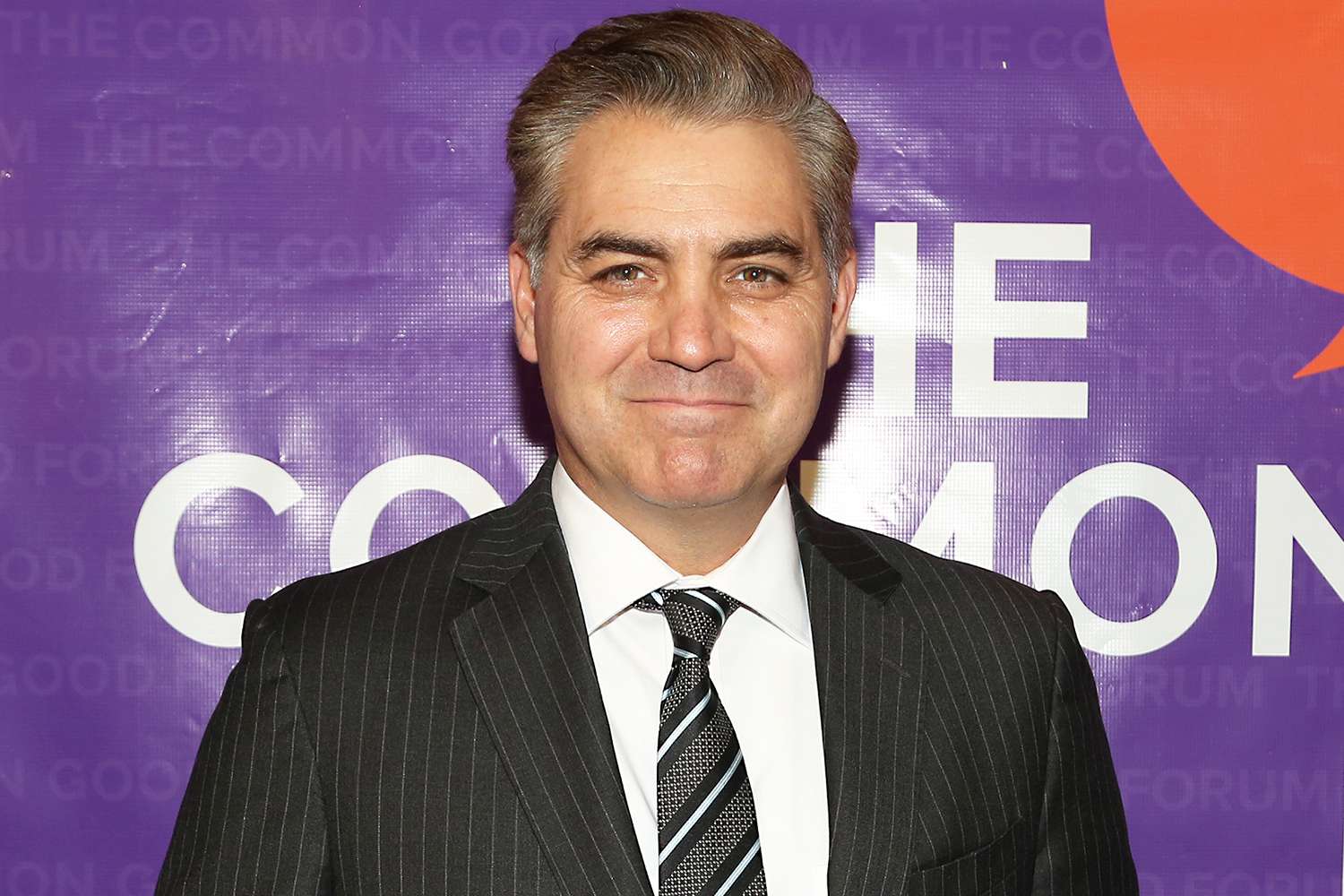

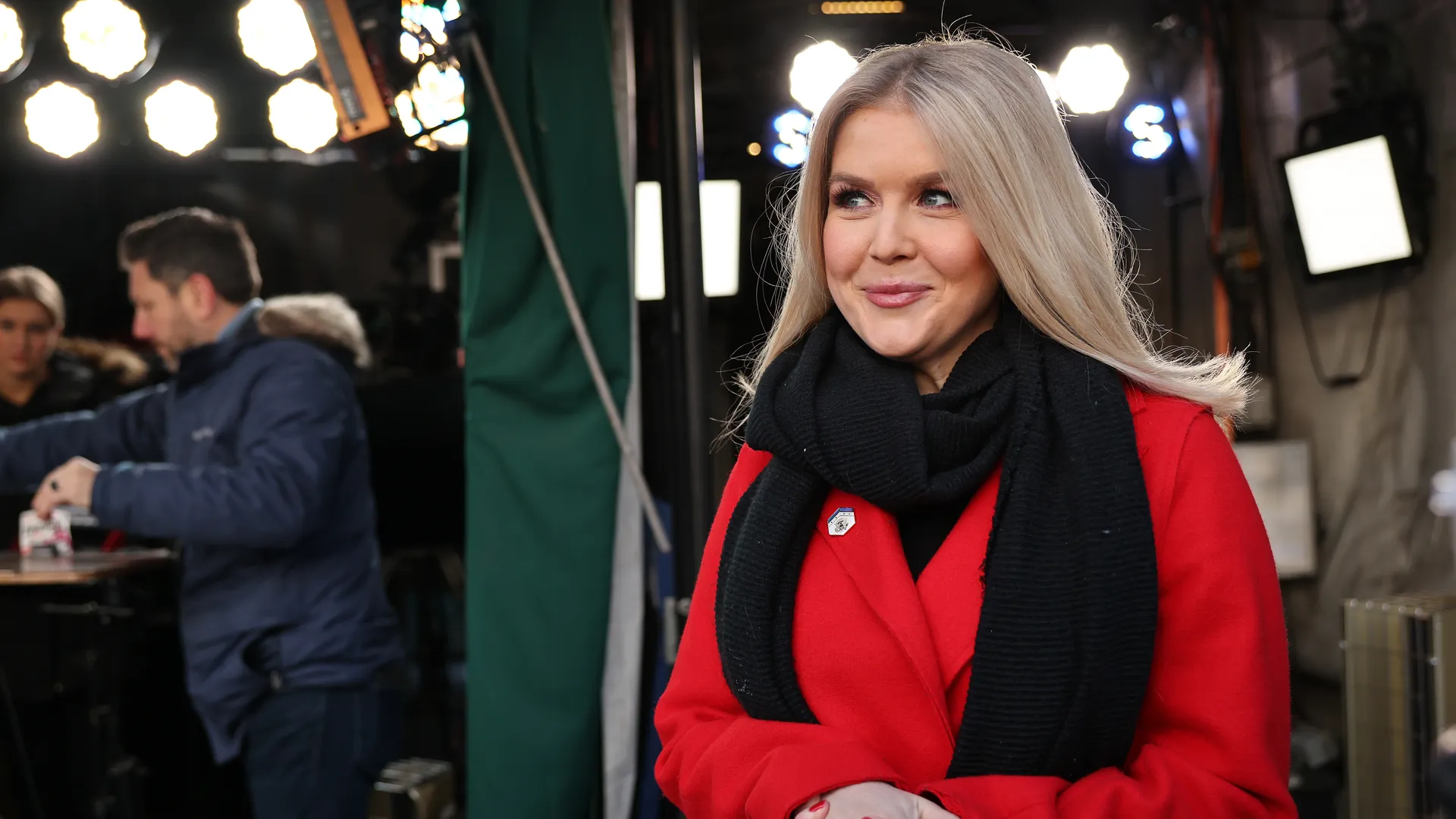
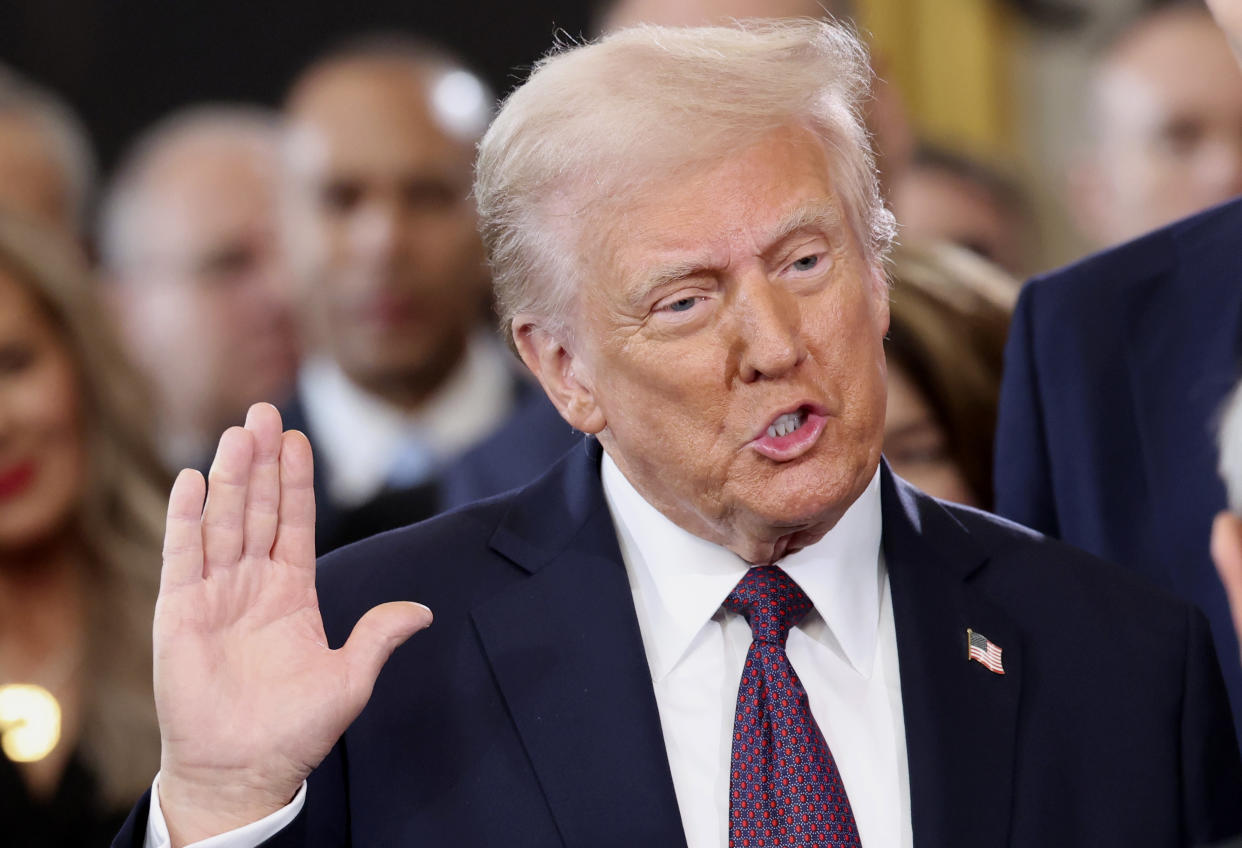

Leave a Reply